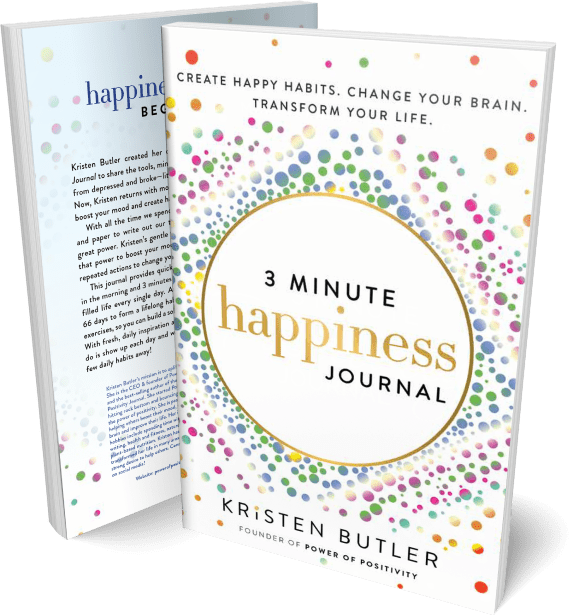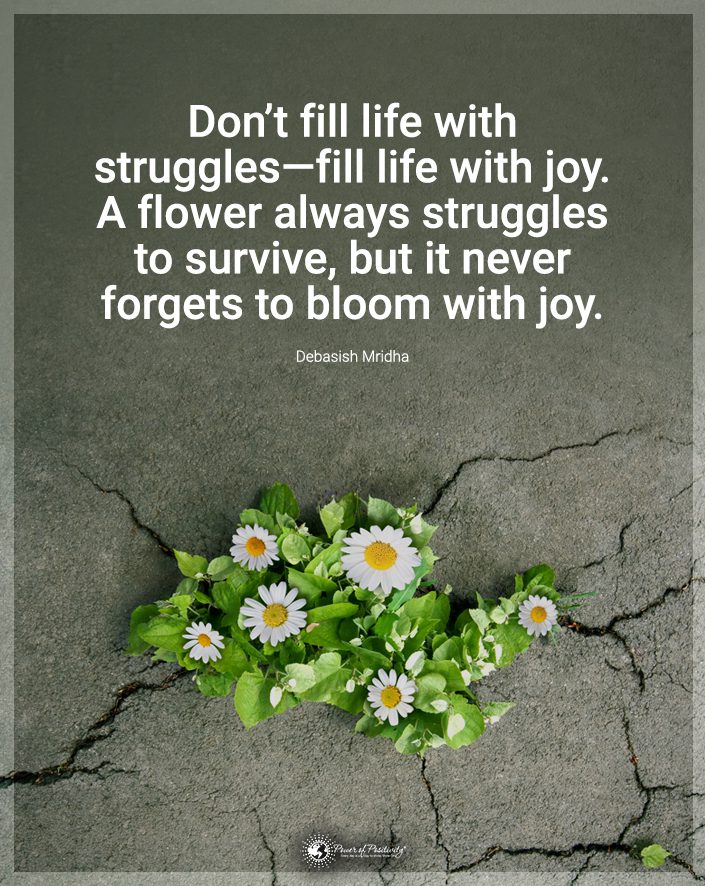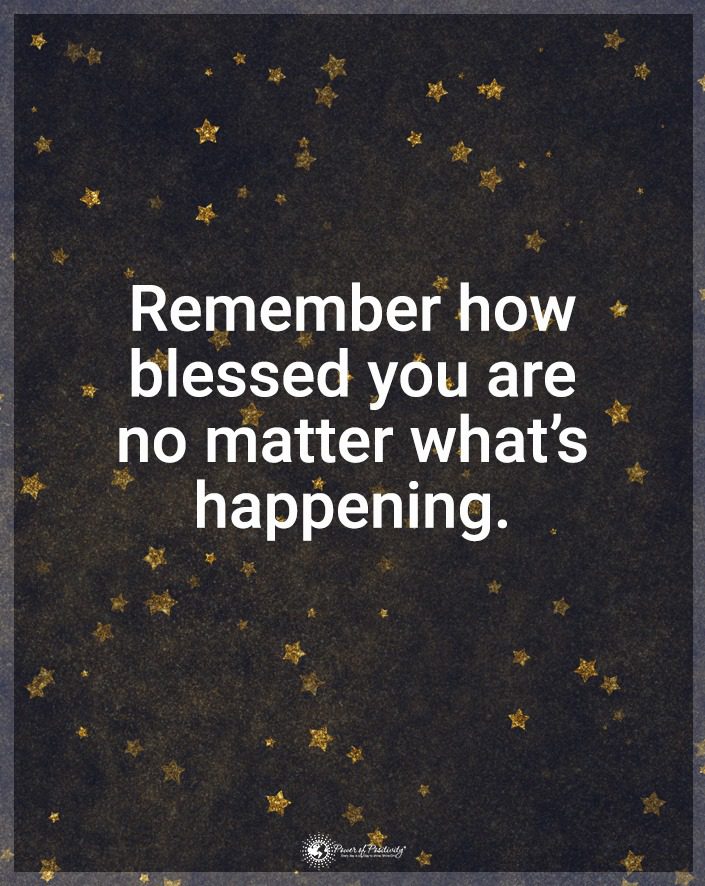Here’s what you should know about unhealthy attachments.
An insecure attachment style originates from our earliest chapters of life—how we were cared for as children. This style is characterized by uncertainty, anxiety, and a deep-seated fear that our emotional needs won’t be met.
At the heart of insecure attachment is a conflict between the need for closeness and the fear of it. People with this style may find themselves in a constant dance of approach and retreat. They crave connection but are haunted by the thought that they might not be worthy of it or that it won’t last. It’s a defense mechanism, one that’s meant to protect them from the pain of rejection or loss, but it often ends up doing the opposite.
Now, contrast this with a secure attachment. Those with a secure style tend to navigate relationships more easily and confidently. They’re comfortable with intimacy and independence, balancing the two healthily. They trust others, feel worthy of love, and are resilient in relationship challenges.
Insecure attachment isn’t a life sentence. Early experiences shape it, but it can also evolve. Understanding this style is the first step towards growth and rewriting the relationship script that plays out in your life. Keep in mind that awareness is the key to change. With understanding, patience, and guidance, moving closer to a more secure way of connecting with the world around you is possible.
What Are the Signs of an Insecure Attachment Style?

1 – The Need for Reassurance
Imagine you’re in a relationship where you constantly check your phone for messages or ask your partner if they love you. This constant need for reassurance is a classic hallmark of insecure attachment. It’s like a hunger that’s never quite satisfied, a nagging doubt in your mind.
This need stems from deep-seated fears of abandonment or not being good enough. It’s as if the person with insecure attachment has an internal voice constantly questioning the worthiness of love and affection. They might often seek validation and confirmation from their partners or friends, but no reassurance seems enough.
Think about times when you’ve seen this play out in everyday life. Maybe it’s a friend who always needs to hear they’re valued, or perhaps you’ve sometimes felt this way. It can be exhausting for those seeking reassurance and those around them. The key thing to understand is that this isn’t about being needy or high-maintenance. It’s about an internal struggle, a need for security that feels perpetually out of reach.
2 – Difficulty Trusting Others
Trust is the foundation of any strong relationship. But trust can feel like a rope bridge that’s always swaying for someone with an insecure attachment style. They might doubt their partner’s intentions, worry about infidelity, or fear being lied to or betrayed. This mistrust doesn’t necessarily reflect their partner’s actions; it’s more about their insecurities and fears within themselves.
This difficulty in trusting can make forming deep, meaningful relationships a challenge. It’s hard to let someone in when part of you is always on guard, always preparing to get hurt. These trust issues might manifest as jealousy, overthinking, or constant questioning.
Imagine you’re in a relationship but always doubting your partner’s whereabouts or intentions. Even when there’s no reason to worry, the fear persists. It’s like wearing a pair of glasses that distorts your view of the relationship, making it seem more precarious than it is.
For those with insecure attachment, these trust issues aren’t a choice; they’re a response to past experiences and deep-rooted fears. Recognizing this struggle and understanding that building trust takes time is important. It requires patience from both the individual and those close to them. Recognizing these patterns is a brave first step towards fostering more secure and trusting relationships.
3 – Fear of Abandonment
The fear of abandonment is like an invisible companion for someone with an insecure attachment style. That isn’t just about fearing the end of a relationship; it’s a deep-seated dread that they might be left alone and somehow inherently unlovable. This fear can shape their behaviors in significant ways.
Consider how this might look in real life. It could be someone who clings tightly to their relationships, becoming anxious if their partner or friend seems distant. They might go to great lengths to avoid real or imagined separation, compromising their needs or values. In some cases, this fear could lead them to end relationships prematurely to avoid the pain of potential abandonment.
Understanding and compassion are vital here. The fear of abandonment isn’t something someone chooses; it’s often a response to past experiences. It could stem from early losses or instability. Recognizing this fear for what it is – a protective mechanism – can open the door to addressing it more healthily. It’s about building a sense of security within oneself and slowly learning that they are worthy of stable, lasting relationships.
4 – Struggling with Self-Esteem
Insecure attachment and low self-esteem often walk hand in hand. At the core of insecure attachment lies a belief – perhaps unconscious – of not being worthy or good enough. It can manifest as persistently low self-esteem, where individuals might struggle to recognize their value and worth.
This struggle with self-esteem can show up in various aspects of life. It might be seen in how someone constantly downplays their achievements, feels they don’t deserve happiness, or in how they might settle for less in relationships or workplaces. They may be overly critical of themselves, focusing on their perceived flaws rather than their strengths.
Empathy towards oneself and others is crucial in dealing with low self-esteem. It’s important to understand that these feelings don’t reflect true worthiness. Encouraging oneself or others to celebrate small victories, practice self-compassion, and challenge negative self-talk can be transformative steps. It’s about rewriting the internal narrative, shifting from a mindset of inadequacy to self-acceptance and worth. Building self-esteem is a journey requiring patience and kindness towards oneself. Remember, everyone deserves to feel good about who they are.
5 – Oversensitivity to Partner’s Actions
Oversensitivity to a partner’s actions is a common experience for those with insecure attachment. Even the smallest gestures or changes in behavior can be misinterpreted as signs of disinterest or rejection. For instance, if a partner is unusually quiet, it might be read as a lack of love rather than a bad day at work. This hypersensitivity can create a rollercoaster of emotions based on minor interactions.
It’s helpful to check in with oneself and question initial interpretations to maintain perspective. Is there concrete evidence for these feelings, or are they assumptions based on fears? Communication is also key. Openly discussing concerns with a partner can clarify misunderstandings before they spiral. It’s about stepping back, taking a breath, and looking at the situation objectively.
6 – Difficulty with Emotional Regulation
Emotional regulation can be particularly challenging for those with insecure attachment. These emotions might feel like a sea during a storm—unpredictable and overwhelming. Based on small relationship dynamics, they could swing from intense happiness to deep sadness, making emotional stability seem elusive.
Developing better emotional management starts with self-awareness. Recognizing and naming emotions as they arise can reduce their intensity. Techniques like mindfulness and deep breathing help you stay centered amidst emotional turbulence. Developing a support system, including friends, family, or a therapist, is also beneficial, who can provide perspective and guidance.
7 – Over-dependence or Excessive Independence
Insecure attachment often manifests as a pendulum swing between overdependence and excessive independence. On one end, there’s a clinging, almost desperate need for constant closeness and assurance. On the other, there’s staunch independence, a wall built to avoid any chance of hurt or disappointment.
This fluctuation can be confusing and exhausting for individuals and those close to them. The key is finding a balance – a place where interdependence is valued. It’s about recognizing and respecting one’s needs and boundaries and those of others. Encouraging hobbies, interests, and friendships outside the primary relationship can foster a healthier sense of independence. At the same time, learning to be vulnerable and ask for support when needed can build healthier dependence. This balance is crucial for stable, fulfilling relationships.
8 – Struggle with Intimacy
For those with an insecure attachment style, the idea of true intimacy can be both a deep desire and a source of fear. They may yearn for close connections but simultaneously dread getting too close. This paradox stems from the fear that opening up and showing their true selves will lead to hurt or rejection. It’s like standing at the edge of a pool, wanting to dive in but terrified of the cold shock of the water.
The value of vulnerability in relationships cannot be overstated. It’s the bridge to true intimacy, where deep, meaningful connections are formed. Learning to be vulnerable is a courageous act for someone with an insecure attachment. It involves slowly letting down guards, sharing thoughts and feelings, and accepting that while there’s a risk of being hurt, there’s also the potential for incredible connection and love.
9 – Sabotaging Relationships
Insecurity can lead to a destructive pattern of sabotaging relationships. It often happens subconsciously; individuals may push away their partners, pick fights, or withdraw emotionally, all driven by an underlying fear of getting hurt. It’s like a self-fulfilling prophecy – in trying to protect themselves from potential pain, they inadvertently cause it.
Recognizing this pattern is the first step in preventing it. Mindfulness of actions and reactions in relationships and questioning whether they stem from a place of fear can help identify sabotaging behaviors. Seeking professional help or engaging in open communication with partners can also be beneficial. It’s about learning to trust the process of a relationship and understanding that while vulnerability comes with risks, it also brings the opportunity for growth and deeper connection.
10 – Sensitivity to Criticism
Another sign of insecure attachment often overlooked is a heightened sensitivity to criticism. It isn’t just about feeling hurt by negative feedback; it’s about perceiving even mild or constructive criticism as deeply personal and hurtful. For someone with an insecure attachment style, criticism can feel like an affirmation of their deepest fears – that they are not good enough or fundamentally flawed.
This sensitivity can manifest in various ways. It might be seen in defensiveness, where a simple suggestion or critique is met with a strong emotional reaction. Alternatively, it could lead to avoidance, where the individual shies away from situations where they might be judged or evaluated. In relationships, this sensitivity can create tension; partners might feel like they’re walking on eggshells, unable to express concerns or feedback without causing distress.
Understanding this sensitivity to criticism is crucial. It’s important to recognize that this reaction is not about overreacting; it’s a response rooted in deep-seated insecurity and fear. For those dealing with this challenge, it can be helpful to work on separating self-worth from external validation. Developing a stronger sense of self, along with self-compassion, can mitigate the impact of criticism.
Final Thoughts on Working on an Insecure Attachment Style
Understanding the signs of insecure attachment is more than just a journey into self-awareness; it’s a step towards building healthier, more fulfilling relationships. Each of these signs—the need for reassurance, the struggle with trust, the fear of abandonment, and others—is not just a challenge but also an opportunity for growth and healing.
Remember that change is possible if you recognize these signs in yourself or someone close to you. Seeking support through therapy, self-help resources, or open conversations with loved ones can be incredibly beneficial. Personal growth is not a linear journey; it requires patience, compassion, and resilience.
Embrace new relationships with a positive outlook. Every step towards understanding and addressing insecure attachment is towards a more secure, confident, and connected life. Remember, the strength to grow and the capacity for change lie within all of us. Here’s to taking that brave step forward towards a future of healthier relationships and a stronger, more secure self.



















